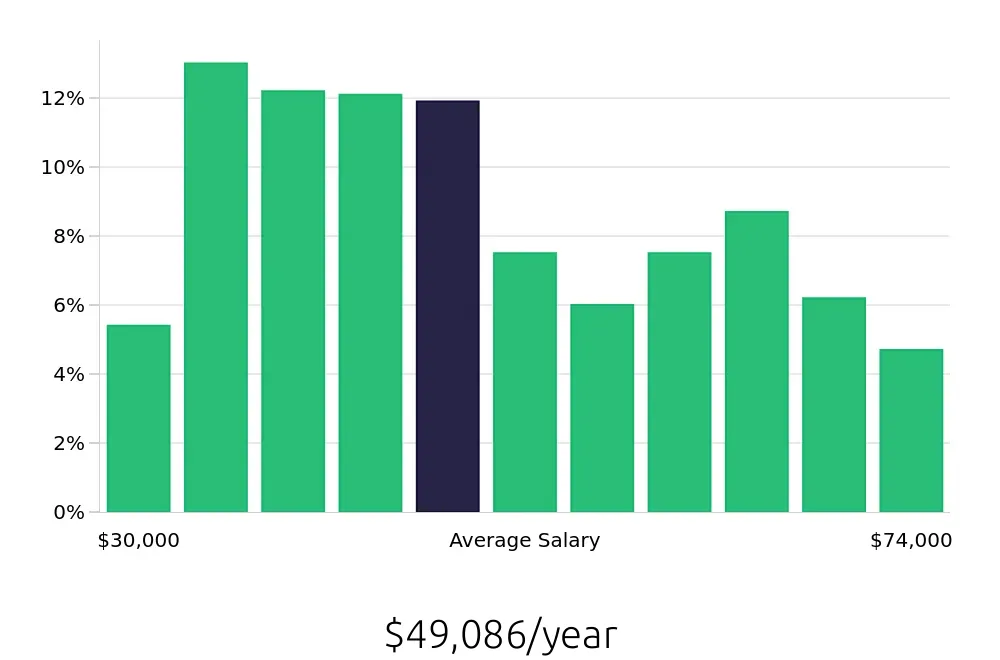Position
Overview
An optician works with people to help them see better. They examine a person’s eyes and may test their vision. Opticians often work with glasses and contact lenses. They help people choose frames and lenses that fit their needs. They also adjust glasses to make sure they fit properly. Opticians may work in eye clinics or retail stores.
An optician measures a person’s eyes to get the right prescription. They explain different types of lenses and frames. Opticians often recommend the best choices for each person. They show customers how to wear and care for their glasses. They also repair glasses and contact lenses. This job requires attention to detail and strong communication skills. Opticians must be able to explain complex information in a simple way. They work closely with other eye care professionals to ensure the best care for patients.
Becoming an optician can open doors to a rewarding career in eye care. The journey begins with gaining the right knowledge and skills. This path requires dedication and careful planning. Following the right steps can lead to success in this field.
The journey towards becoming an optician includes several important steps. These steps ensure that individuals are well-prepared for their new roles. Here are the key steps one should follow:
Each step is crucial for building a solid foundation in opticianry. High school education provides the basic skills needed for further study. An optician program offers specialized training in eyewear and eye care. Completing the training leads to the necessary certifications. Hands-on experience helps new opticians become skilled professionals.
Interested in a rewarding career helping others see better? Becoming an optician can be a great path. The journey begins with formal education. Most opticians complete a certificate, diploma, or associate’s degree program. These programs usually take one to two years. Students learn about eye anatomy, lens types, and how to fit and adjust eyewear.
After completing an education program, many states require opticians to pass an exam. This exam tests knowledge on lens types, fitting methods, and basic eye care. Passing the exam leads to licensure. Some regions may also ask for a certain number of hours working under an experienced optician. This hands-on experience is valuable and often lasts one to two years. With education, exams, and experience, one can become a licensed optician in about three to four years.
We are seeking a skilled and customer-focused Optician to join our team. The ideal candidate will be responsible for providing exceptional eye care services, conducting eye examinations, fitting and adjusting eyewear, and offering expert advice on optical products.
Responsibilities:
Qualifications
Being an optician involves fitting eyeglasses and contact lenses to help people see better. This career often starts with a formal education, such as a degree or diploma from an accredited program. Opticians work closely with eye care professionals to ensure customers get the right prescriptions and products.
This job offers many benefits. Opticians help improve people’s vision and overall quality of life. They work in a variety of settings, from retail stores to clinics. The job provides a chance to interact with many different people. It also offers steady work hours, making it easier to plan personal time. Yet, some challenges exist as well. Opticians might need to handle difficult customers. They also often work long hours on their feet, which can be tiring.
Here are some pros and cons to consider:
But, here are some cons to think about:
Becoming an optician can be a smart career move. According to the Bureau of Labor Statistics (BLS), an average of 6,400 job positions open up every year. This indicates a stable demand for skilled opticians. Job seekers looking for consistent opportunities will find this field promising.
The job outlook for opticians is also positive. BLS data shows a 2.7% increase in job openings from 2022 to 2032. This steady growth suggests that optician jobs will remain available. Aspiring opticians can feel confident in the stability of this profession.
Opticians enjoy a competitive salary as well. The BLS reports an average national annual compensation of $47,560. This figure highlights the financial rewards of entering this field. The average hourly compensation is $22.86, which is another attractive aspect for job seekers. Combine these benefits with job stability and growth, and becoming an optician looks like a rewarding career choice.
